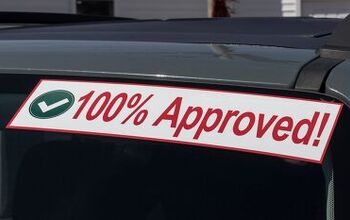Brazil Will End Tax Breaks On New Cars
Brazil’s government has announced that it will gradually end the rollback on taxes on manufactured goods including cars.
On Tuesday, the Brazilian government said that tax breaks on cars will be slowly rolled back next year, according to a report by Reuters. The government has to make up for billions in lost revenue that has harmed Brazil’s finances this year and had previously announced that it was going to revive the industrial products tax, known as IPI, charged on cars and other manufactured goods. Though many analysts expected an immediate return to the former 7% tax on new cars, the government decided to phase the taxes in gradually, starting with an increase in January from 2% to 3%.
Deputy Finance Minister Dyogo de Oliveira told reporters that the government will analyze results in the middle of next year to see if a return to the original 7% rate will be needed, based on market conditions at that time. Last year the IPI was lowered on cars, furniture and appliances in an effort to boost economic activity. The announced increase in the IPI will mean almost a half billion dollars of additional government revenue for the first half of 2014.
Brazil is currently the fourth largest automotive market int he world and companies doing business there worry that the increased tax and new mandatory safety standards will reduce sales. Sales this year are already likely to be down for the first time in 10 years. Tighter credit and the government winding down its stimulus program are blamed.
More by TTAC Staff


































Comments
Join the conversation
Looks like the BRIC party is coming to a close in 2014.
Ah! After some adjustment things will go back to normal... But until then there will be much wailing, knashing of teeth and frothing at the mouth, I am sure.
Brazil's problem is the same one as America's and lots of other places, differing only in degree. They like to call it 'not enough revenue' but it's really too much government, both in terms of the number of people/departments running the government and the laws and regulations they produce. When the number of really stupid people who run for office and the bureaucrats who work for them have reached critical mass, they're a drag on the economy at minimum, and a danger to the economy in all but the best of times. To keep their jobs they have to resort to a shell game of increased taxes here, stimulus there, like rolling blackouts, just to keep the economy going without reducing the role and size of government. The ultimate end game isn't pretty.